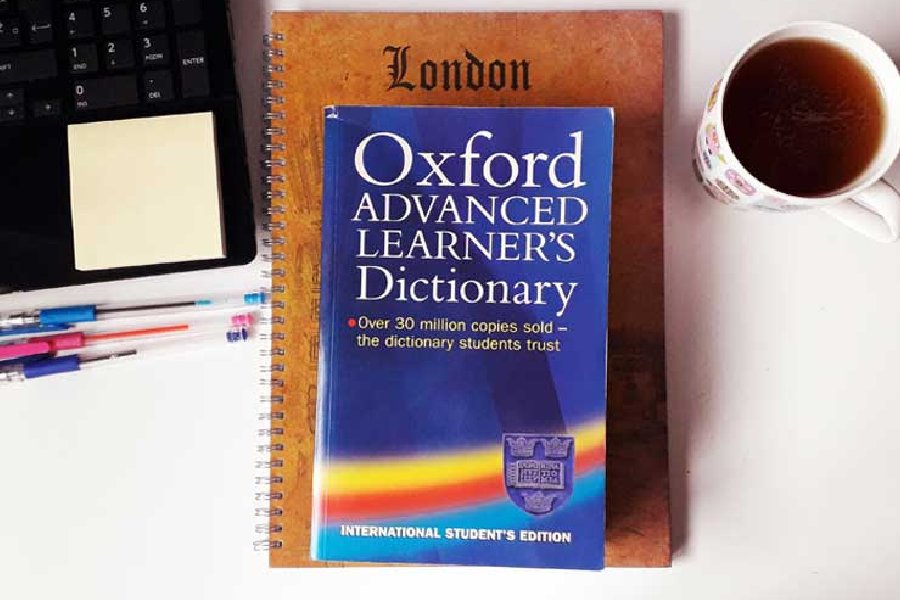Rizz, a colloquial word, that refers to style, charm, attractiveness or the ability to attract a romantic or sexual partner, was announced the Word of the Year 2023 by the Oxford University Press (OUP) on Monday.
The word has been chosen from a shortlist of eight words which was prepared by the experts at OUP after examining the 19-billion-word corpus of spoken and written language data for words or expressions that have seen a spike in usage or that have been recently added to the language.
Etymologically, the term is believed to be a shortened form of the word charisma, taken from the middle part of the word, which is an unusual word formation pattern. Other words on this year’s shortlist were situationship, swiftie, beige flag, de-influencing, parasocial, heatdome and prompt.
Swiftie is an enthusiastic fan of the singer Taylor Swift; prompt refers to an instruction given to an artificial intelligence programme or algorithm that determines or influences the content it generates; and situationship refers to a romantic or sexual relationship that is not considered to be formal or established.
De-influencing — The practice of discouraging people from buying particular products, or of encouraging people to reduce their consumption of material goods, especially via social media.
Rizz was chosen by the language experts at OUP as an interesting example of how language can be formed, shaped, and shared within communities, before being picked up more widely, a statement from the publisher said.
It shows how younger generations create spaces — online or in person — where they own and define the language they use. From activism to dating and wider culture, as Gen Z comes to have more impact on society, differences in perspectives and lifestyle play out in language, too, they said.
“Rizz is a colloquial word, defined as style, charm, or attractiveness; the ability to attract a romantic or sexual partner. Etymologically, the term is believed to be a shortened form of the word ‘charisma’, taken from the middle part of the word, which is an unusual word formation pattern. Other examples of this word-formation pattern include fridge (from refrigerator) and flu (from influenza),” said Casper Grathwohl, president, Oxford Languages.
“Rizz can also be used as a verb, in phrases such as to rizz up, which means ‘to attract, seduce, or chat up (a person)’. Expansions into other parts of speech like this can indicate that a word is becoming more prominent in the language,” he added. Grathwohl explained that the word rizz is often associated with younger generations, especially teenagers, and emerged from gaming and internet culture.
The American YouTube and Twitch streamer Kai Cenat is widely credited online with popularising the word in 2022, offering advice to people on how to have rizz. The word then rose in popularity on TikTok with the hashtag receiving billions of views.
The term has since entered mainstream conversation with usage of the word showing an increase this year, peaking in June when actor Tom Holland was asked in a widely reported interview with Buzzfeed about his rizz, to which he answered, “I have no rizz whatsoever, I have limited rizz”.










